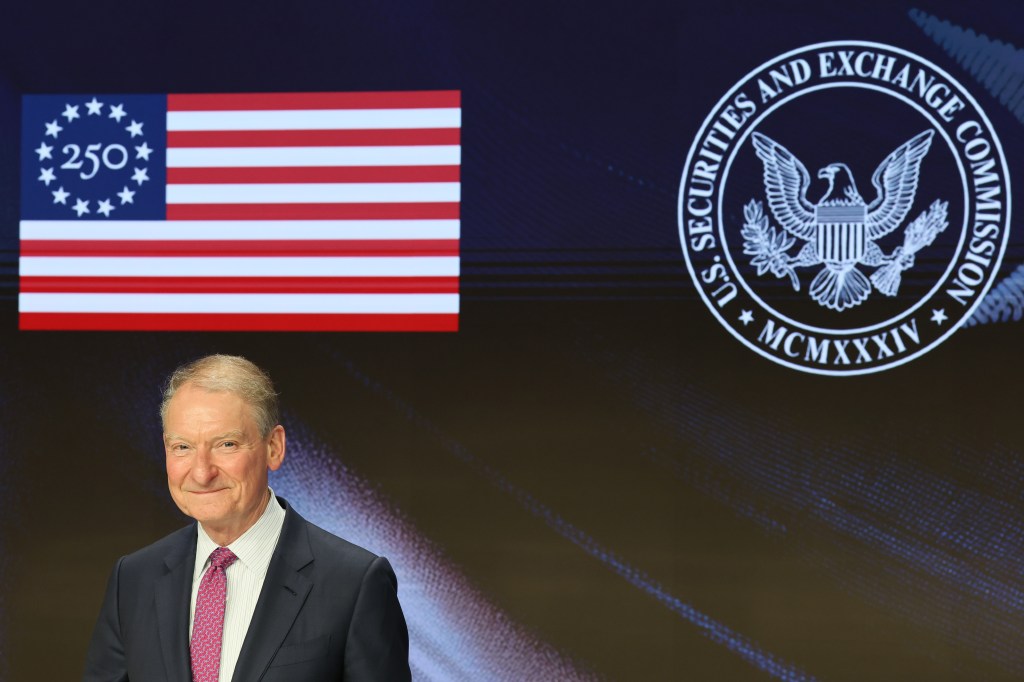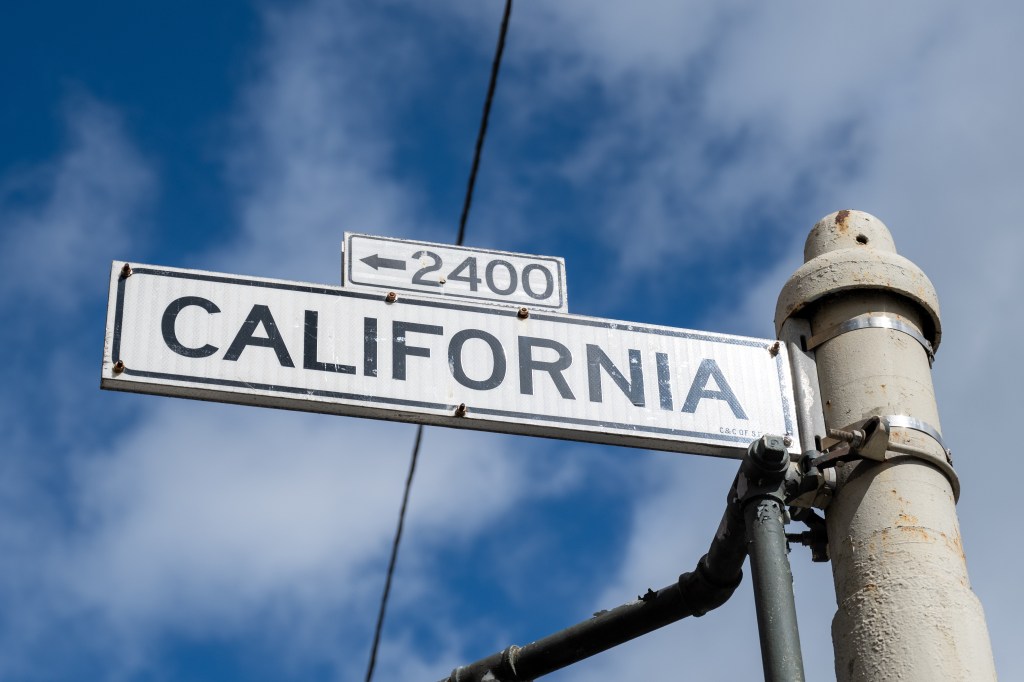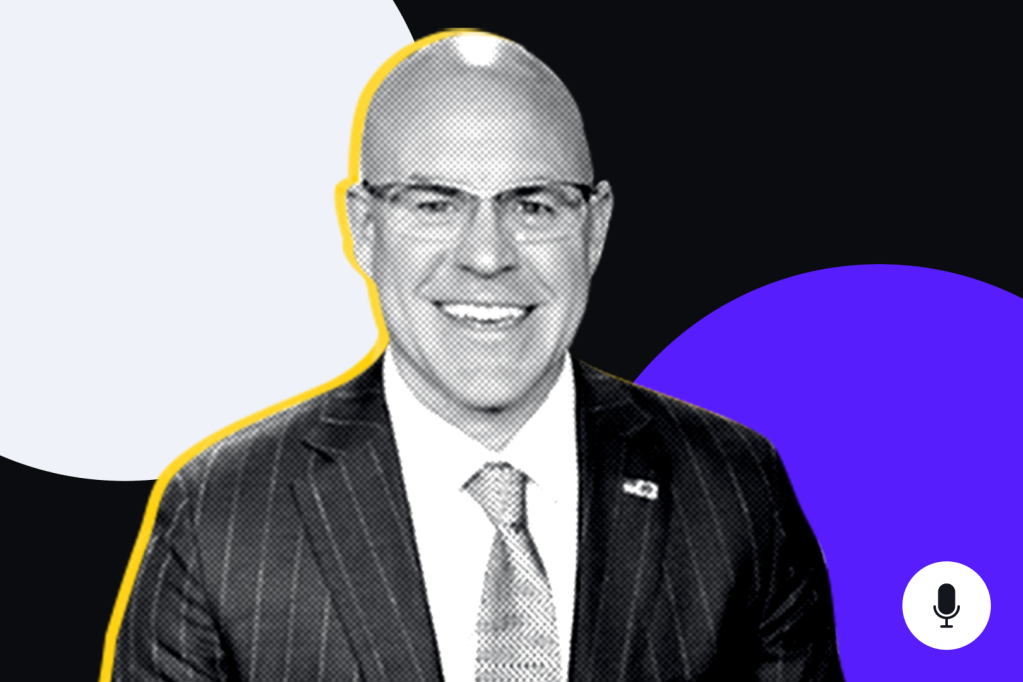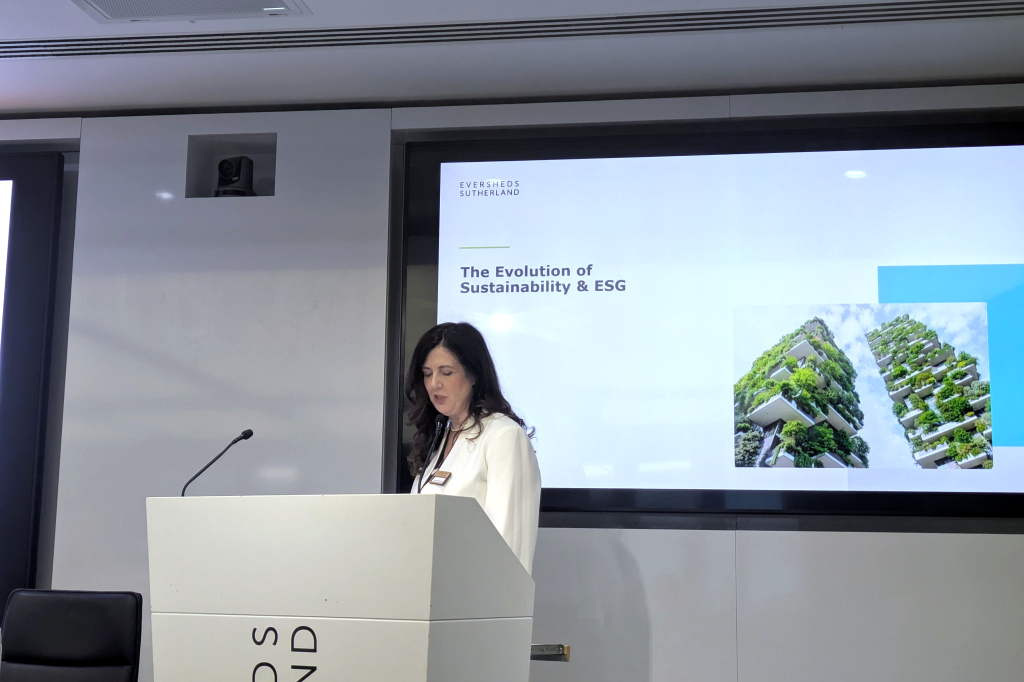Six major US banks have recently withdrawn from the Net Zero Banking Alliance (NZBA), a UN-sponsored initiative aimed at aligning the global banking sector with net-zero greenhouse gas emissions by 2050.
JP Morgan is the latest bank to depart, following Citigroup, Goldman Sachs, Wells Fargo, Bank of America and Morgan Stanley.
Register for free to keep reading
To continue reading this article and unlock full access to GRIP, register now. You’ll enjoy free access to all content until our subscription service launches in early 2026.
- Unlimited access to industry insights
- Stay on top of key rules and regulatory changes with our Rules Navigator
- Ad-free experience with no distractions
- Regular podcasts from trusted external experts
- Fresh compliance and regulatory content every day













